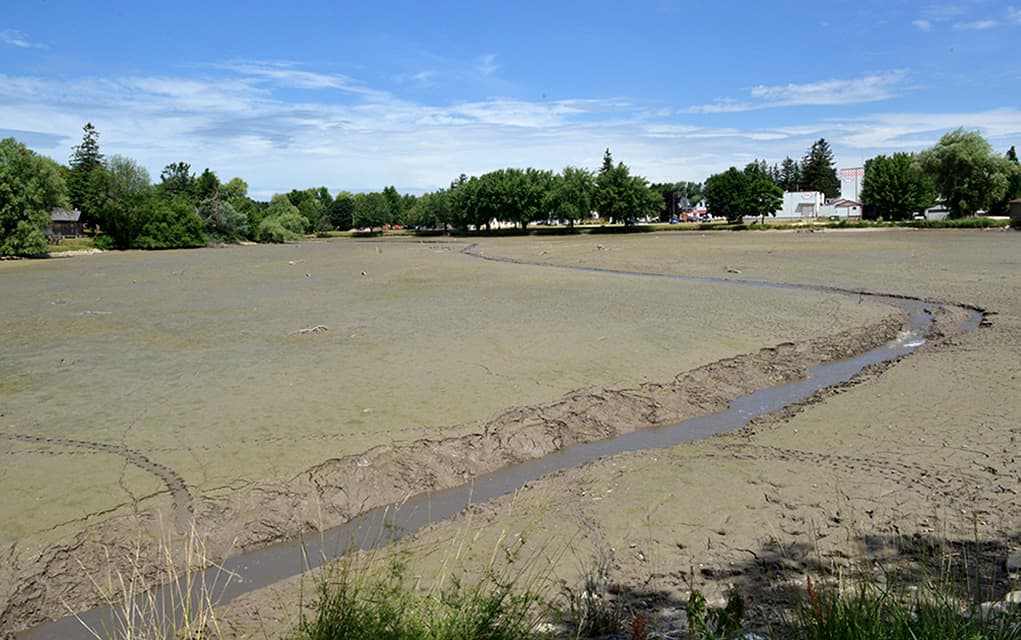Ontario’s new government last week announced plans to scrap the Liberal’s updated health curriculum in favour of the version used in the 1990s, effectively taking sexual education in the province back by about 20 years. The announcement, fulfilling a key campaign promise, means teachers across the province will be dusting off their old curriculums for the 2018-19 year, at least until a new curriculum can be written.
The announcement was met with universal opprobrium from teachers, educators and health professionals in the province, who said the move would put children at risk by providing badly outdated information in the classrooms.
“During the election, we made a promise to the people of Ontario that we would cancel the curriculum and launch a fulsome consultation with parents before implementing a new one,” said newly minted Education Minister Lisa Thompson.
“While these consultations occur, we are reverting to the full health and physical education curriculum that was last taught in 2014 (the 1998 curriculum). This curriculum leaves ample space to discuss current social issues.”
Absent from the 1998 curriculum, however, are the last 20 years of social, political and technological changes, including the rise of the internet, the legalization of gay marriage in 2005, and the recent advances on transgender issues.
The curriculum has no sections on online safety cyber bullying, does not mention sexual orientation or same-sex relations at all, nor does it consider the small yet significant population of students for whom gender identity is a concern. Also excluded from the 1998 curriculum are the overt references to the concept of consent, which is covered in Grade 6, and is seen as an important defense against sexual predation.
Exactly how this will affect what is taught in classrooms is still unclear, with numerous educators the Observer spoke to saying they were “frustrated” with the situation. The government, meanwhile, has offered no indication how they intend to scrub two decades’ worth of material from textbooks, lesson plans, and in-class discussions.
For Waterloo public school board trustee Carol Millar, the decision was a massive disappointment. Speaking less in her capacity as a trustee, and more as professional with 34 years of experience in public health – about half of which was spent in the sexual health and harm reduction programs – Millar said that going back 20 years was not a practical option.
“Because the new curriculum talks about consent, it talks about the importance of celebrating people’s differences. It represents what different families look like for children, and positive body image … [and] being gay is OK. There’s just so many good things about the new curriculum that are going to be lost as a result of turning the time back,” she said.
The Elementary Teachers Federation of Ontario, a union representing 78,000 grade school teachers, condemned the move as regressive.
“Sexting, online bullying, and information about consent are important safety issues that were not on the horizon when the 1998 curriculum was developed,” said Sam Hammond, ETFO president, in a media statement. “The current curriculum provides teachers with the tools to educate students appropriately and in age-appropriate ways on these and other important issues.”
Jeff Pelich, vice-president of the Waterloo Region chapter of the ETFO, added that the downgrade put those students already most susceptible to abuse and violence, into even greater harm’s way.
“I think our [ETFO] members are really frustrated the most because they feel as though the government has made the choice, and has chosen his socially conservative base over the needs of some of our most vulnerable students in our classrooms. And that’s just unacceptable for pretty much all of our members,” said Pelich in an interview this week.
Pelich points out that objecting parents already had the option of withdrawing their children from the offending classrooms anyways, and that the curriculum wasn’t forced upon anyone. The decision to revoke the curriculum, by contrast, does exactly that.
“It almost feels like one group of people pushing their own socially conservative views on the rest of society,” he said. “And that’s really frustrating to teachers because we have Grade 7-8 students who are dealing with gender identity, who are in transition. And to have their stories not being brought forward, their experiences recognized, it further marginalizes them and causes depression and mental health issues.”
The Ontario English Catholic Teachers Association, representing almost 45,000 teachers, in a media release likewise expressed their “great disappointment with the government’s decision to revert to the outdated health and physical education curriculum.”
Waterloo Catholic District School Board chairperson Wendy Price took a more diplomatic view of the situation.
“I think Catholic teachers will continue to present the issue of human sexuality and the fullness of faith-based family life,” she said.
Lessons would continue to be taught through a “Catholic lens,” she noted, adding that they would continue to support inclusivity in the classroom.
Millar noted that a lot of the backlash to the 2015 curriculum was the result of misinformation, and she encouraged concerned parents to read the document for themselves.
“I strongly support that parents are our children’s primary and number-one sexual health educators,” she said.
It’s a view that’s reinforced multiple times throughout the 2015 curriculum as well, she points out. “That’s the key; that’s important. They provide beliefs and values.”
The 2015 curriculum was still available on the Ministry of Education’s website this week.
Requests by the Observer to get a copy of the 1998 curriculum from the ministry – the curriculum that they say they will be using in the fall – however proved unsuccessful. A spokesperson for the ministry said that they did not have any copies of the curriculum available.
Lauren Bialystok, an educator with the Ontario Institute for Studies in Education at the University of Toronto, described the Ford government’s plan as “preposterous,” and questioned what the Conservative party intended to replace the curriculum with.
“Revoking the 2015 curriculum and going back to the 1998 version is preposterous, is terrible for education, is bad for democracy,” said Bialystok.
“Just consider that this year’s Grade 12 students weren’t even alive when the 1998 curriculum was written. So there is literally nothing in their generational experience that is reflected in the 1998 curriculum.”









